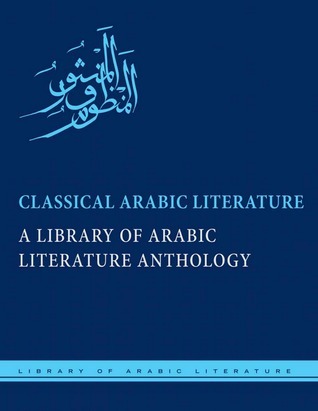
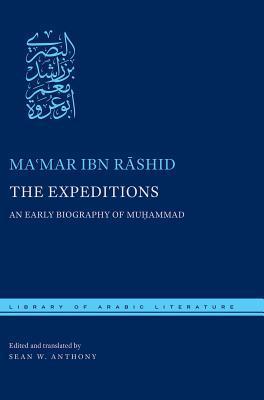
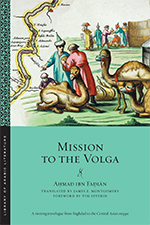
Books in series

Classical Arabic Literature
A Library of Arabic Literature Anthology
2012

The Expeditions
An Early Biography of Muḥammad
2014

Mission to the Volga
921
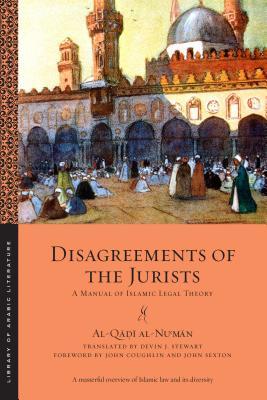
Disagreements of the Jurists
A Manual of Islamic Legal Theory
2015
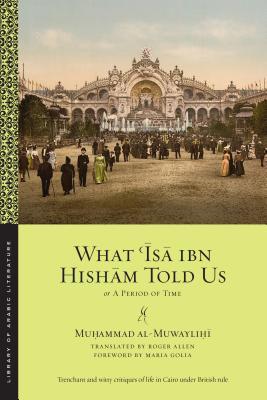
What ʿĪsā ibn Hishām Told Us
Or, A Period of Time
2018
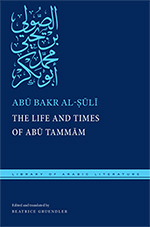
The Life and Times of Abū Tammām
2015
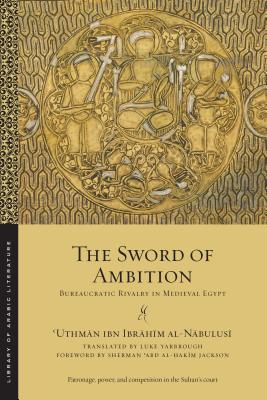
The Sword of Ambition
Bureaucratic Rivalry in Medieval Egypt
2016

Brains Confounded by the Ode of Abū Shādūf Expounded
Volume One
2016
Authors

هو أحمد بن العباس بن راشد بن حماد البغدادي، عالم إسلامي من القرن العاشر الميلادي . كتب وصف رحلته كعضو في سفارة الخليفة العباسي إلى ملك الصقالبة (بلغار الفولجا)سنة 921 م. Ahmad ibn Fadlān ibn al-Abbās ibn Rāšid ibn Hammād (Arabic: أحمد بن فضلان بن العباس بن راشد بن حماد) was a 10th-century Arab traveler, famous for his account of his travels as a member of an embassy of the Abbasid Caliph of Baghdad to the king of the Volga Bulgars. His account is most known for providing a description of the Volga Vikings, including an eyewitness account of a ship burial. He provided descriptions for various other peoples, most notably Turkic peoples such as the Oghuzes, Pechenegs, Bashkirs, and Khazars.